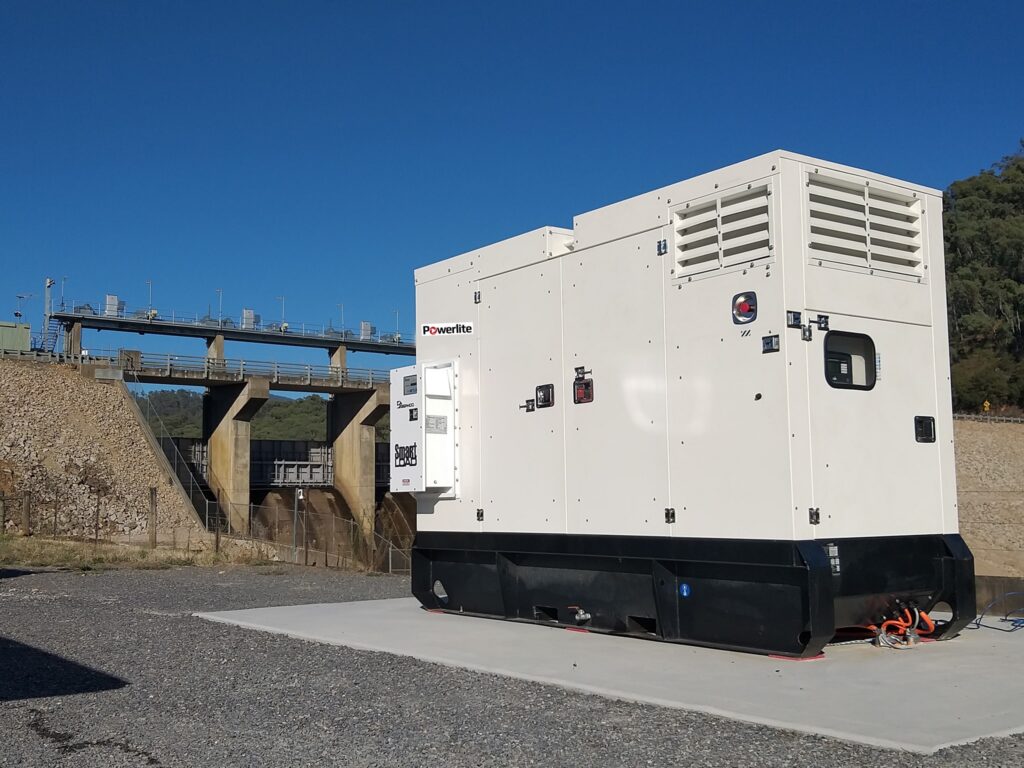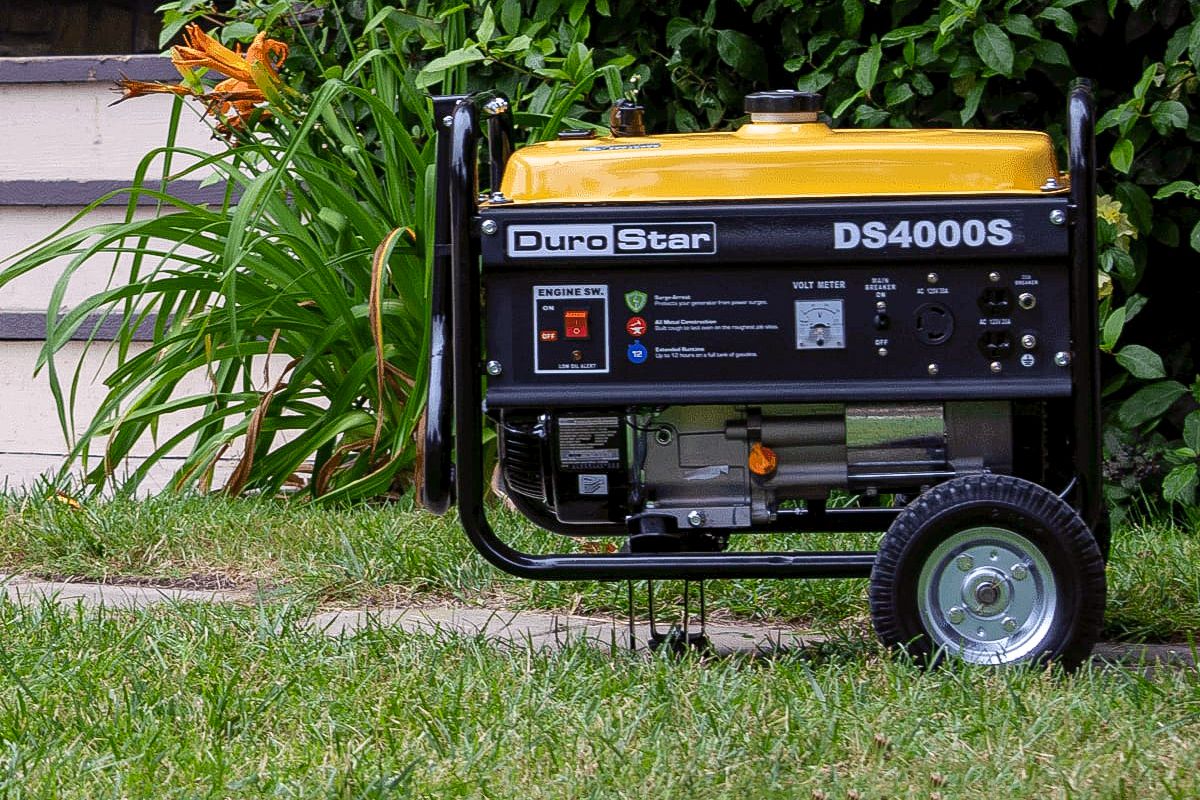Looking to buy a generator but not sure where to start? You’re not alone. A generator is a valuable investment that provides backup power during emergencies or remote locations where electricity is not readily available. But with so many different sizes, types, and features available, selecting the right generator for your needs can be overwhelming. This beginner’s guide will help you understand the essential factors to consider when looking for a generator for sale.
Table of Contents
- Determining Your Power Needs
- Sizing Your Generator
- Fuel Type Considerations
- Budgeting for Your Generator
- What Size Generator Do I Need?
- Assess Your Power Needs
- Types of Generators
- FAQs
- What are the key factors to consider when determining the power needs for a generator?
- What are the different types of generators mentioned in the guide, and how do they differ?
- What are the fuel types generators run on, and what are their pros and cons?
- How do I correctly size a generator to meet my power requirements?
- What should I consider when budgeting for a generator purchase?
- Getting the Right Generator
Determining Your Power Needs
Before you start shopping for a generator, it’s crucial that you need to know about your power requirements. Ask yourself: What appliances and devices do I need to power during an outage? Make a list of essential items like lights, refrigerators, and medical devices. This will help you calculate the minimum wattage your generator needs to provide.
Sizing Your Generator
One of the most critical aspects of choosing a generator is sizing. An undersized generator may be unable to power all your essential devices, while an oversized generator can lead to fuel wastage. Calculating the right size involves adding up the wattage of all devices you want to power simultaneously.
Fuel Type Considerations
Generators run on different fuel types such as gasoline, propane, or diesel. Each fuel type has its pros and cons. Gasoline is readily available but has a shorter shelf life. Propane is clean-burning and efficient but may require additional storage tanks. Diesel is reliable and energy-dense but can be more expensive.
Budgeting for Your Generator
Generators come in a wide price range, so it’s essential to set a budget before you start shopping. Consider not only the upfront cost of the generator but also ongoing maintenance and fuel expenses. A higher-priced generator may offer more features and reliability, so weigh your options carefully.
What Size Generator Do I Need?
When it comes to choosing business with pwerlite generator for sale, one of the crucial factors to consider is its size. The size of a generator determines its power output and capacity. If you select a generator that is too small, it won’t be able to meet your power requirements. On the other hand, if you choose a generator that is too large, you may end up wasting fuel and incurring unnecessary expenses. So, how do you determine the right size generator for your needs?
Assess Your Power Needs
To begin, you need to assess your power needs. Consider the appliances, tools, and devices that you will be running simultaneously. Make a list of their power requirements in watts. Add up the total wattage to determine your generator’s minimum power capacity. Keep in mind that some appliances and tools might require additional power during startup, so factor that in when calculating your power needs.
Types of Generators
Next, let’s explore the different types of generators available on the market:
Portable Generators
Portable generators are versatile and can be easily transported. They are ideal for powering small appliances, outdoor activities, and emergencies. However, they have limitations when it comes to powering larger appliances or running for extended periods.
Inverter Generators
Inverter generators are known for their quiet operation and clean power output. They are suitable for sensitive electronics, such as laptops and smartphones. Inverter generators are also more fuel-efficient compared to traditional generators.
Standby Generators
Standby generators, on the other hand, are permanently installed and can automatically kick in during a power outage. Standby generators often run on natural gas or propane and require professional installation. They are capable of powering your entire home or business, including essential systems like heating and cooling.
FAQs
What are the key factors to consider when determining the power needs for a generator?
Assess your power needs by listing essential items like lights and medical devices. Calculate the minimum wattage required to power them simultaneously during an outage.
What are the different types of generators mentioned in the guide, and how do they differ?
There are portable generators, inverter generators, and standby generators. Portables are versatile, inverters offer clean power, and standbys provide automatic backup for your entire home.
What are the fuel types generators run on, and what are their pros and cons?
Generators run on gasoline, propane, or diesel. Gasoline is readily available but has a short shelf life, propane is clean-burning but may need extra storage, and diesel is reliable but can be more expensive.
How do I correctly size a generator to meet my power requirements?
Calculate the total wattage of devices you want to power simultaneously. Consider startup power needs. An undersized generator may not power everything, while an oversized one can waste fuel.
What should I consider when budgeting for a generator purchase?
Set a price check for generators considering upfront costs, ongoing maintenance, and fuel expenses. Higher-priced generators may offer more features and reliability, so weigh your options carefully.

Getting the Right Generator
Selecting the right generator for sale can be manageable. By considering your power needs, understanding different generator types, evaluating fuel options, sizing your generator correctly, and budgeting wisely, you can make an informed decision. Remember, a generator is an investment in your comfort and safety during power outages. Happy shopping!


